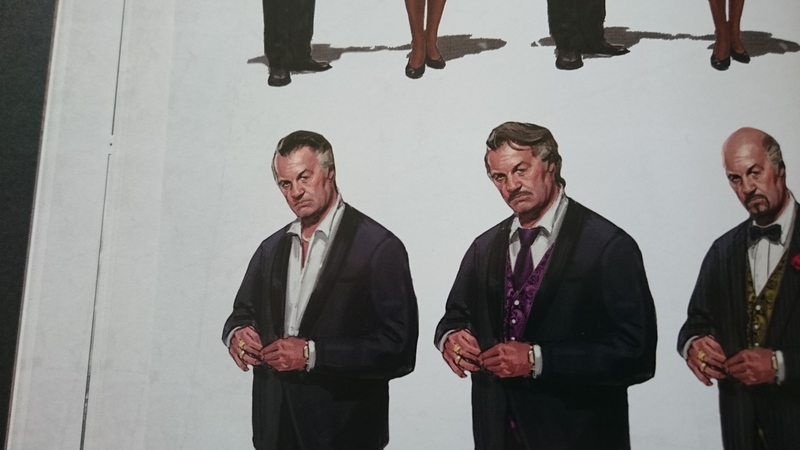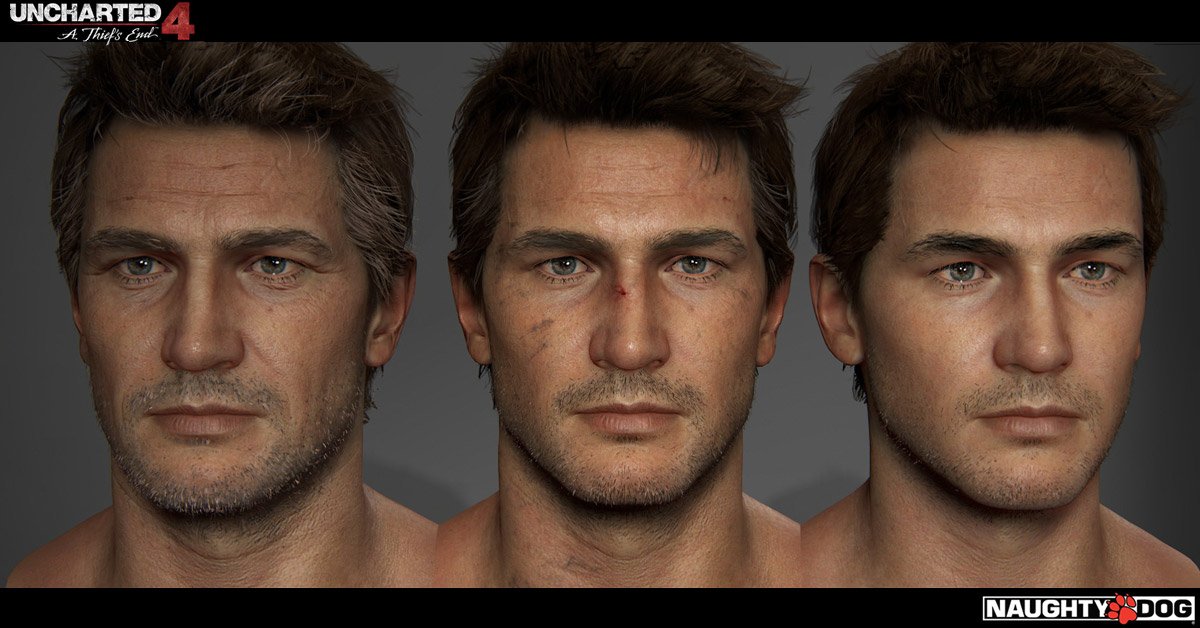Taking all the parts of the game together as one experience was part of the problem I had with the game. Even during my first playthrough and even while enjoying every part of the game more or less, each those extended moments of traversal and climbing started to drag by the time they were done every play session I had was full of those segments, and I was itching for some kind of development to occur, be it story-related, action-oriented, whatever. They were flat sight-seeing sequences they left me unengaged, and once the spectacle of the given environment wore off or the novelty of the banter waned, I was just ... bored. The denouement from the action had moved beyond its pleasurable state and had gone on for too long.
And that's coming from someone who loved the entirety of Firewatch, liked what I've played of Gemini Rue, Proteus, NaissanceE, Grow Home, Mirror's Edge, etc. Those games consist entirely of what's present in the climbing segments (focus on dialogue, scenery, sense of place, sometimes leisurely traversal), but they're also consistent experiences. I wasn't bored with those games because not only did they better and more accurately convey what kind of experience they would be offering (which isn't something necessarily positive), they showed a much more cohesive focus. The deepest gameplay systems in those games are not frequently put on the back burner for extended periods in order to give the player a break they never needed or wanted. Uncharted 4 has incredible moments of action with gameplay head-and-shoulders above its predecessors, doing things during normal gameplay that other devs only dream of accomplishing then the game spends a considerable chunk of its time being really, really slow with almost no imbetween. (And yes, I'd totally say a good fourth of the time I spent playing the main game was doing some kind of simple traversal, just trying to get to the next ... something, anything if it wasn't actually a fourth or even an eighth, that it even feels that way for so many people is disconcerting, and more than worthy of note.)
And unlike a movie, video games that are dozens of hours long aren't going to be completed in one sitting, so the amount of downtime needed is considerably different. The notion that every moment focusing on the core gameplay needs to be followed up with even longer moments of secondary/tertiary gameplay (downtime) doesn't reflect that people can and will play a game an hour or two or three at a time. If I genuinely need a break from the core gameplay that is (reasonably) the reason I'm playing the game (i.e. action, in this game's case), then I can just put the controller down.
If I got tired of the combat in Uncharted 1, it was because the level design for those fights took place in the same kind of static, flat arenas throughout (similar to what you've said is possibly the problem with the climbing segments) though the aspects of the game directly tied to combat were considerably unpolished in 1, too. If I had fun in every shootout of Uncharted 2, it's because the layout of each shootout in that game was always different from shootout to shootout in some key way. 2 didn't need a chapter (or two, or three, or four) or downtime after every action sequence because the devs knew then that people were coming to the game for excitement, and it could crank out that excitement in diverse ways so as to not feel like a drag.
Uncharted 4 never builds exciting momentum in that way because of its frequent stops, and all those breaks stop being refreshing at some point and in some way since I replay the games I pay money for, during a replay is when I really felt that unsatisfying hitching in the action, even though I noticed it the first time through. Taking the banter, scenery, sense of place, visuals, music and animations all together during those pure-traversal segments made them enjoyable to a degree. However, taking the concept of taking in all elements of a game as one qhole experience rather than dissecting and assessing individual parts: I took all those pure-traversal segments together throughout whole chapters or clusters of chapters as one whole experience too, and that experience felt too full of that lax, low-impact downtime gameplay. When looking at the traversal mechanics themselves, on their own, it's a problem, and when looking at the game as a whole, it's still a problem.
And I don't get how the hypothetical branching paths with different encounters/weapons (which kind of happens in chapter 10) are "Illusions of choice," or how are they any more illusions of choice compared to those paths that are already in the game. The game managed to push the player forward at a decent clip during those open segments, so there's no real reason to expect that'd ruin the pacing compared to what we've gotten with 4.
And there's no pressure to reply I don't have enough time to feel comfortable making a satisfactory reply outside of a couple hours each night. I just wanted to see where the disconnect was between how we see this game, and how we view criticism of it. I can't accept that there isn't something this game/its devs could've done much, much better, even when taking into consideration what the developers were going for, particularly with the amounts of downtime, the climbing itself and the focus on pure climbing/traversal segments. It's something that seems merely adequate on a base level as well as a macro one.
I got to the point where I dealt with the nearest enemies, the snipers and the grenade launcher mercenary, but when the armored guys showed up it all turned to shit.
The game seems to be missing another difficulty level between Hard and Crushing, because I've completed that first battle on Hard on first attempt (I knew what to do and where to go, but still...).











